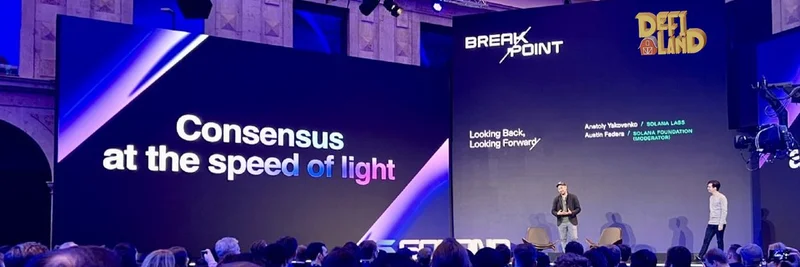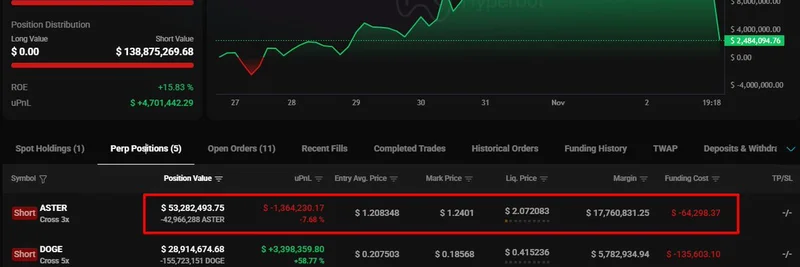Hey there, meme enthusiasts and crypto watchers! If you've been keeping an eye on global blockchain developments, you might have caught wind of some big news out of Vietnam. A recent update from BSCNews on X highlights that the Vietnamese government is taking a measured step into the crypto world by limiting its exchange pilot program to just five licensed operators. Let's break this down in simple terms and explore what it could mean for the wild world of meme tokens.
The Basics of Vietnam's Crypto Pilot
Vietnam has been a standout in crypto adoption, ranking in the top three globally according to Chainalysis's 2025 Global Adoption Index. With the Asia-Pacific region's crypto transaction volumes skyrocketing from $1.4 trillion to $2.36 trillion, it's no surprise the government is dipping its toes in. But they're doing it cautiously.
Deputy Finance Minister Nguyen Duc Chi announced during a government press conference that the pilot will only allow up to five exchanges to get licensed. This comes after a resolution last month greenlighting a crypto asset market trial. The Ministry of Finance is teaming up with other agencies like the Ministry of Public Security and the State Bank of Vietnam to hammer out the details on taxation, compliance, and operations.
So far, no businesses have submitted formal proposals, even though some are chatting with officials and prepping their tech. The goal? Get at least one exchange up and running before 2026. But that timeline hinges on companies meeting some pretty steep requirements—think high entry barriers that could weed out smaller players.
For more on the announcement, check out the full story from Yahoo Finance or VnEconomy.
Why the Caution? Understanding the Regulatory Angle
Crypto exchanges are platforms where you can buy, sell, and trade digital assets like Bitcoin, Ethereum, or your favorite meme tokens (think Dogecoin or newer viral ones like PEPE). A pilot program is essentially a test run to see how regulated trading works in real life without going all-in.
Vietnam's approach is all about control. By capping at five, they're turning what could have been an open sandbox into a gated community. Experts like Vitaliy Shtyrkin from B2BINPAY point out that this might favor big financial giants over nimble fintech startups. High capital requirements—rumored around $380 million based on related reports—could keep out innovators, potentially stifling onshore crypto growth.
Lionel Iruk, a senior advisor at Nav Markets, adds that the hesitation from applicants stems from regulatory uncertainty. No one wants to jump in without clear rules, especially in a market as volatile as crypto.
Implications for Meme Tokens and Blockchain Practitioners
Now, let's get to the fun part: how does this affect meme tokens? Meme coins thrive on hype, community, and easy access. They're often traded on decentralized exchanges (DEXs) like Uniswap, but centralized exchanges (CEXs) provide liquidity and legitimacy that can boost their visibility.
In Vietnam, where crypto enthusiasm is high, licensed exchanges could become gateways for local users to dive into meme tokens safely. But with only five spots, the selected platforms might prioritize blue-chip cryptos over niche memes, leaving smaller tokens in the shadows. On the flip side, if these exchanges list popular memes, it could open floodgates for Vietnamese traders, potentially driving up adoption and prices.
For blockchain practitioners—folks building dApps, smart contracts, or meme projects—this signals a maturing market. A regulated framework means clearer paths for compliance, which could attract more investment. However, the high barriers might push innovation offshore, where DEXs and unregulated platforms dominate. If Vietnam wants to capture that meme magic (and the liquidity that comes with it), they might need to ease up on restrictions, as suggested by industry voices.
Think about it: meme tokens aren't just jokes anymore; they're cultural phenomena with real economic impact. Regulations like this could either nurture a vibrant ecosystem or force it underground.
Wrapping It Up: Watch This Space
Vietnam's crypto pilot is a classic case of balancing innovation with caution. While it's exciting to see one of the world's crypto hotspots formalize trading, the five-license limit raises questions about accessibility, especially for meme token fans. As we wait for the first approvals before 2026, keep an eye on how this evolves—it could set precedents for other emerging markets.
If you're into meme tokens, this is a reminder to stay informed on global regs. They shape where and how we trade. Got thoughts? Drop them in the comments below, and don't forget to follow Meme Insider for more updates on the meme coin universe!



